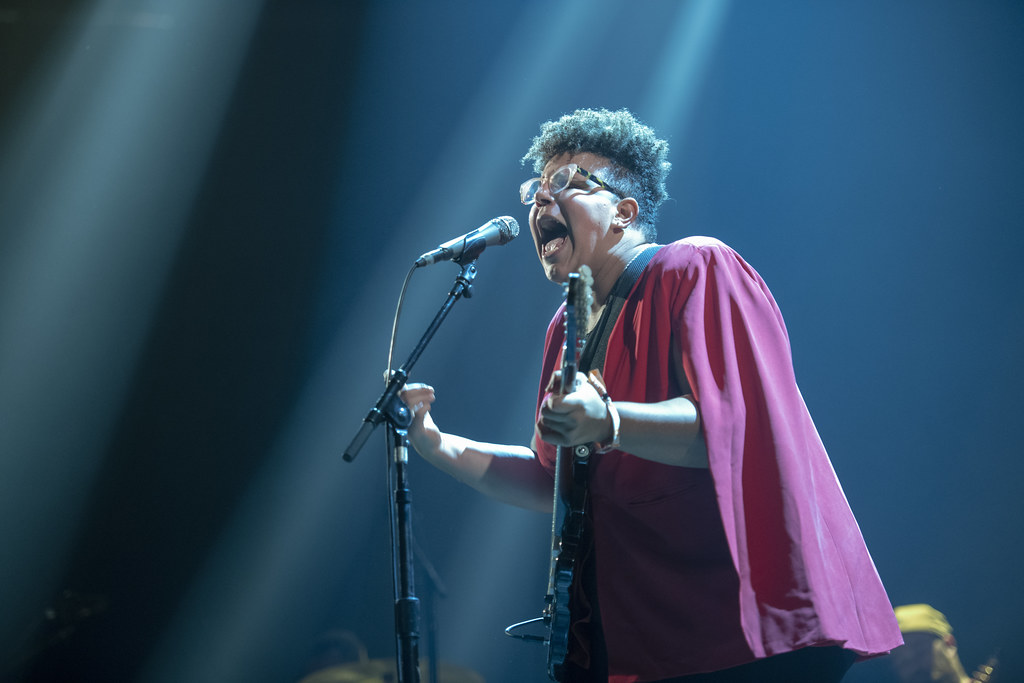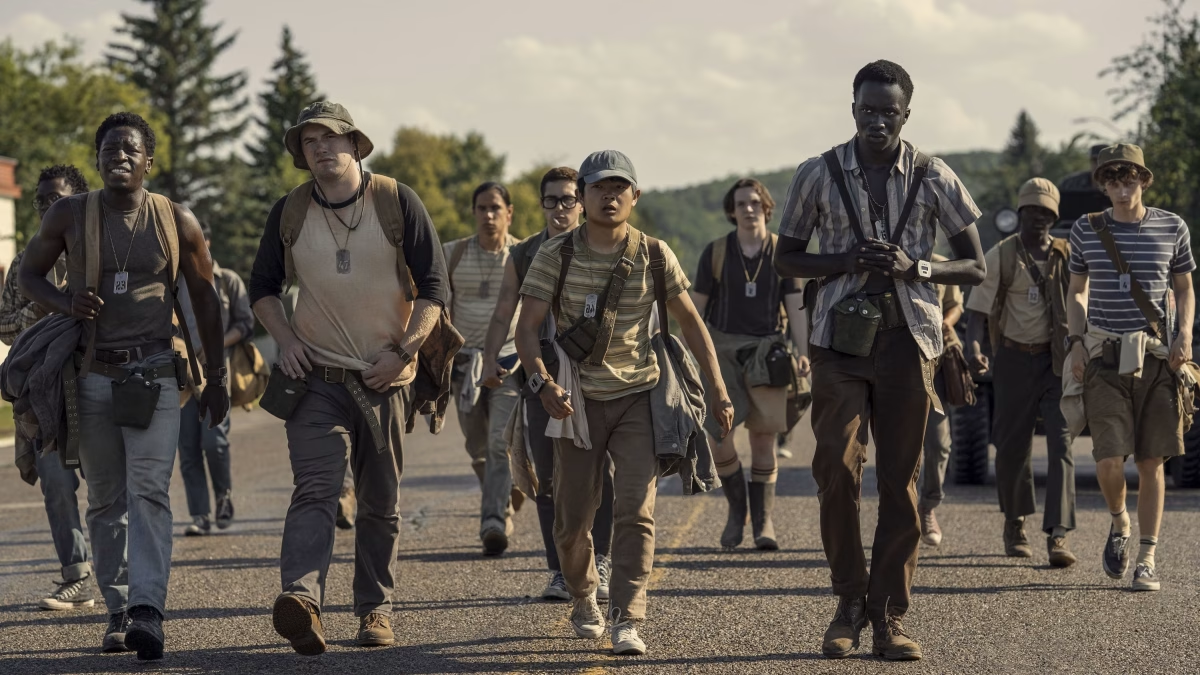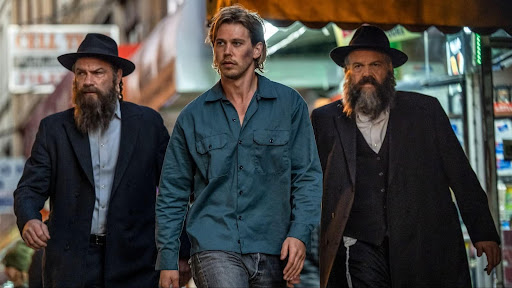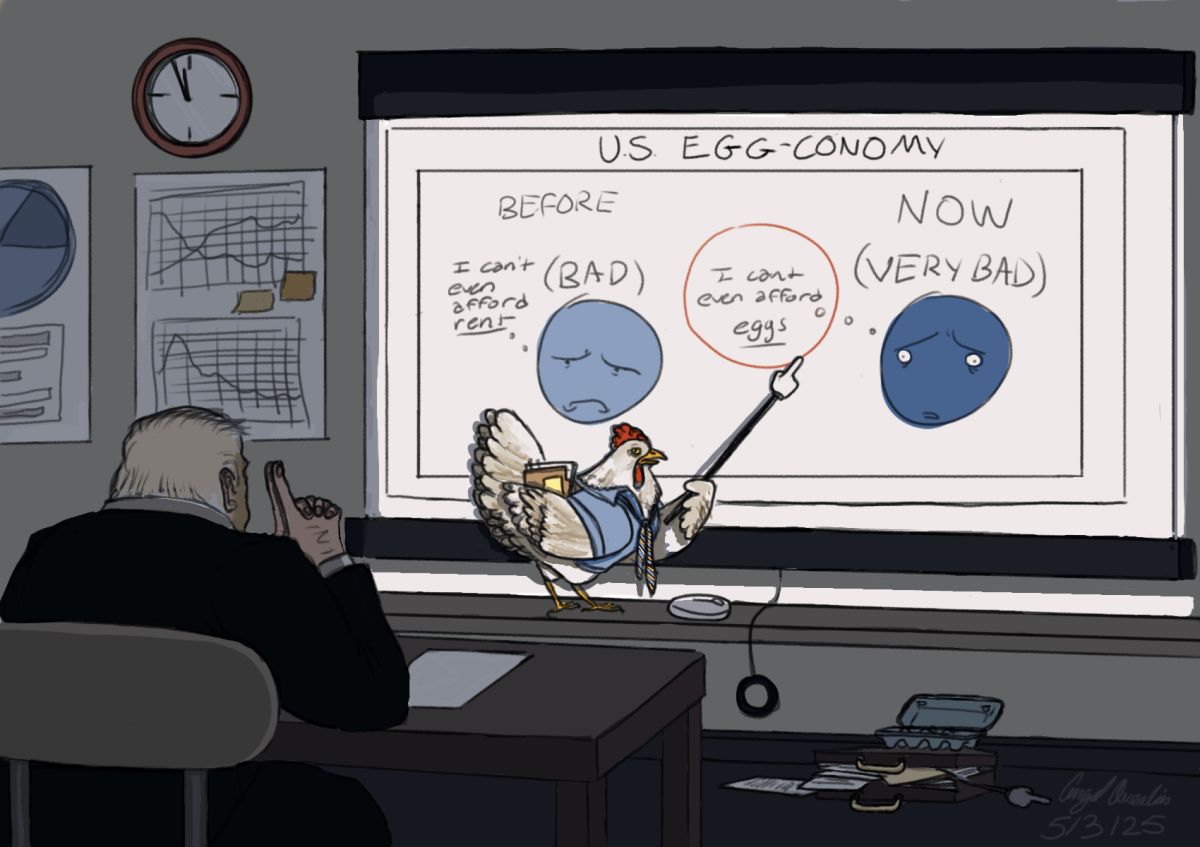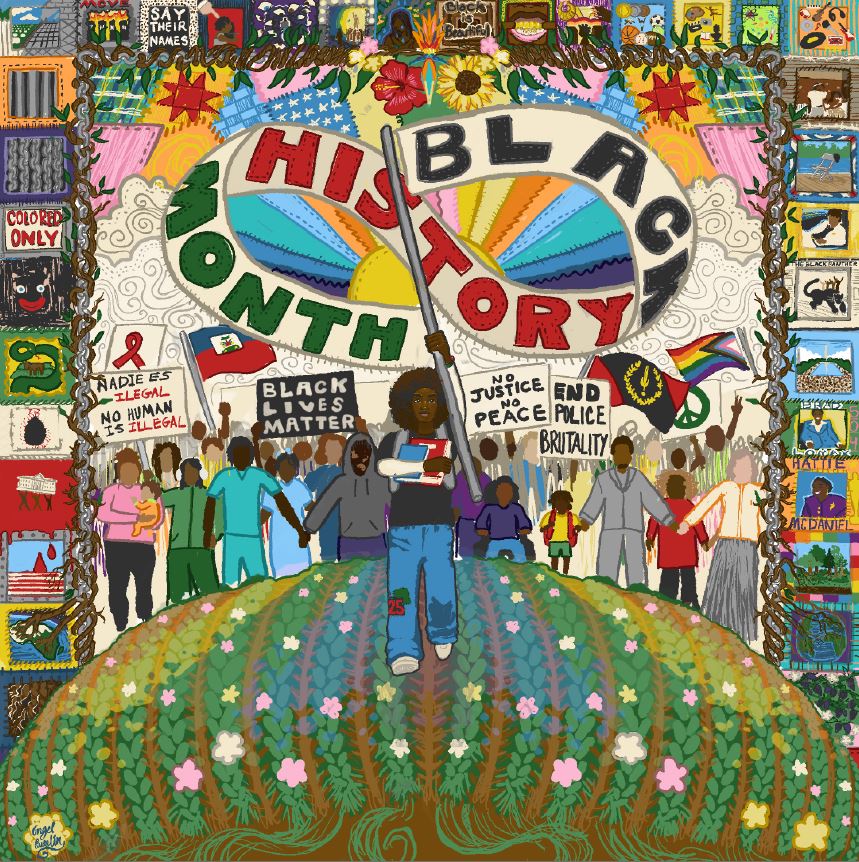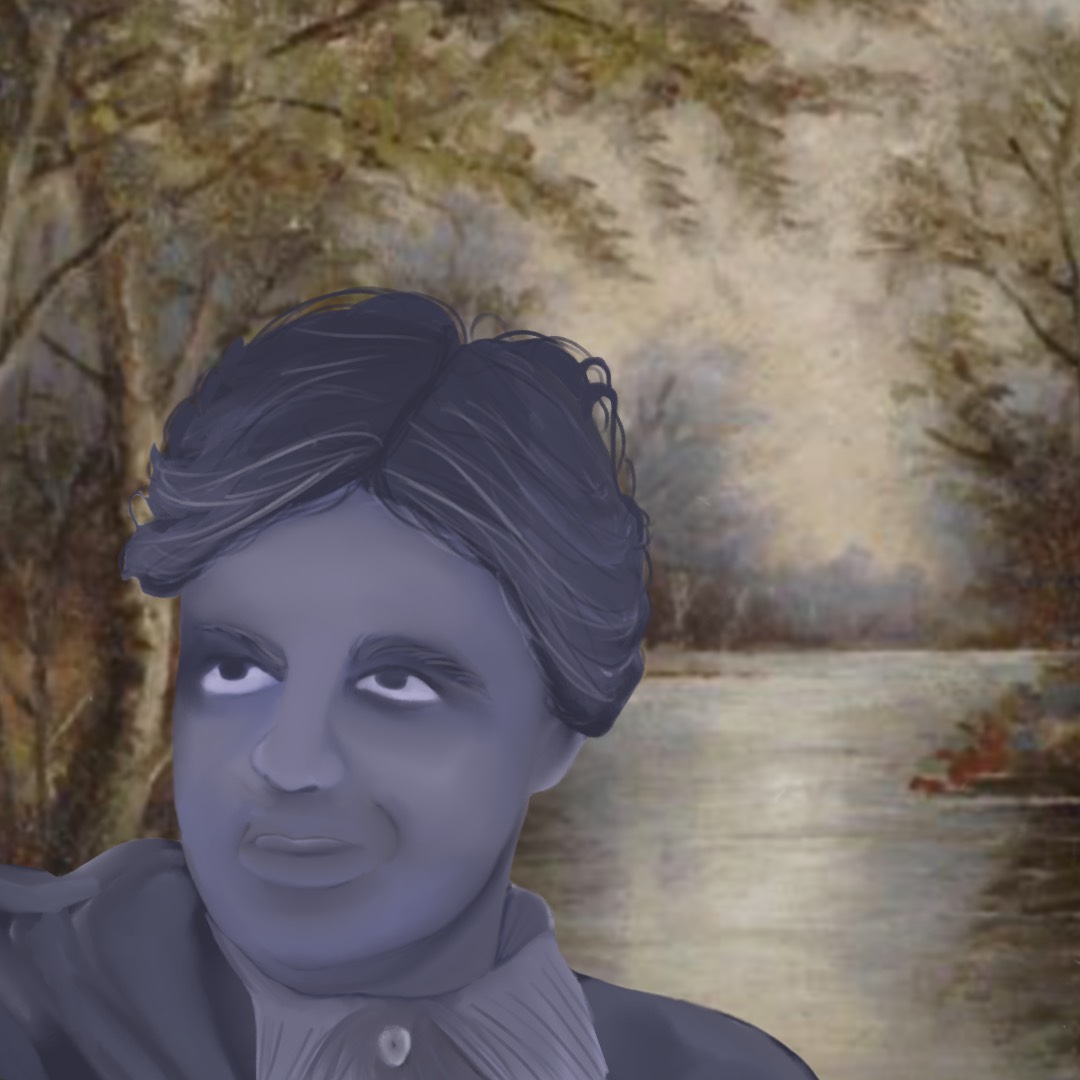With recent long-anticipated releases from The Smile, Usher, and MGMT and upcoming albums from Beyonce, Lana Del Rey, and Playboi Carti among countless other esteemed musicians, it is safe to label 2024 an exhilarating year in music.
The past three years have seen a rush of records and tours from the world’s most renowned artists after widespread music industry shutdowns during COVID-19.
The announcements of countless long-awaited tours and album rollouts have culminated in what I see as a climatic year for the return of popular music.
In early February, just one day apart, two of America’s most critically celebrated and musically diverse artists released albums that have grown to define this year in music so far.
What Now is former Alabama Shakes frontwoman Brittany Howard’s first LP since her Grammy-winning 2019 release, Jaime.
Kanye West has made his return to music after his highly controversial string of antisemitic remarks and association with alt-right figures like Nick Fuentes and Milo Yiannopolous with Vultures 1. The album is a collaboration with artist Ty Dolla $ign and the first in a series of three records set to release in the upcoming months.
Howard, who led the soul-rock band Alabama Shakes and has only blossomed since deciding to go solo in 2018, is fifteen years into a career of genre-defying and deeply spiritual music.
She grew up in a home within a junkyard and held a job at the United States Postal Service before forming the Shakes, one of the most acclaimed music projects of the 2010’s.
Her sound and lyrical content are a reflection of her Southern roots. The many struggles of her life from losing her sister to retinoblastoma, growing up mixed-race in a prejudiced rural south, and childhood musical influences including Pink Floyd, David Bowie, and Björk.
What Now never looks back on Howard’s already-illustrious career, instead expanding her sound in genre and magnitude with hearty, expansive arrangements and a sonic palette indebted as much to psychedelic funk and even house as it is to her brand of roots rock.
Her debut LP mostly featured songs about Howard’s own history with God, her loved ones, and her culture.
The tender choice of the title (named after her late sister) establishes an autobiographical tone across the album, furthered by songs like Goat Head that tell heart-wrenching stories pulled straight from childhood memories. Even a track like 13th Century Metal, albeit tied to pressing sociological themes, is a manifesto extremely personal in nature.
On the new album, the lyrics become less grounded in the physical and historical. She uses nature as a language in cuts like To Be Still: “I daydream to be a flower in your garden/I’d drink your hose-pipe water…I’d spend all my days reaching toward your rays.”
While she creates emotional distance between her personal narratives and her art, the intimacy is never stripped. Even on the high-energy Prove It To You, a bona-fide dance track, the production and performance are highly organic and are more focused on building a sensual atmosphere than telling the sprawling stories she highlighted on Jaime.
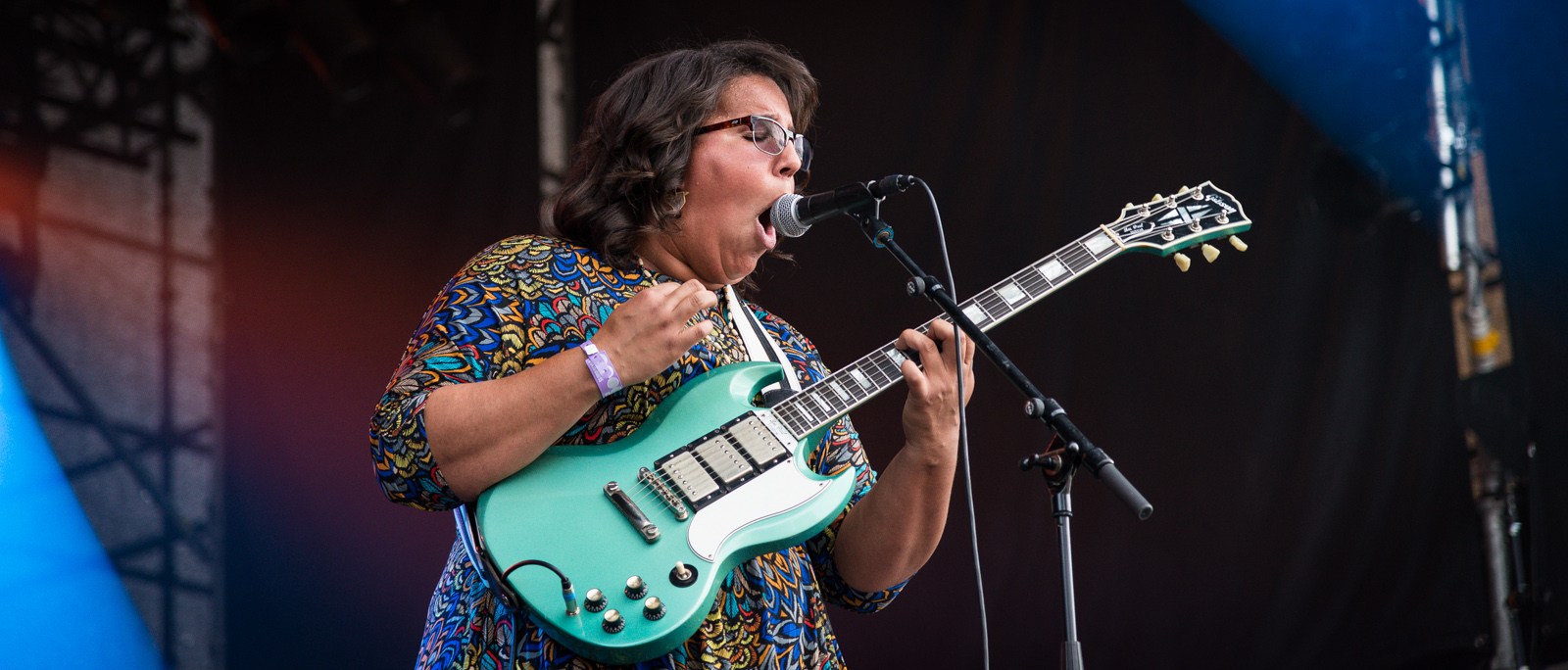
Brittany Howard, since her days in Alabama Shakes, found a space in the mainstream despite her utilization of more off-center styles and seemingly bygone genre motifs. She found space in the late-2010’s indie-rock scene which yearned for potent storytelling and, along with Howard and Jaime, embraced similarly narrative-forward projects like Phoebe Bridgers’ Punisher and Florence + the Machine’s High as Hope.
Now, she is finding space in its alternate meaning–pushing the boundaries of soundscapes and atmospheres far past the sparse and tender instrumentation on Jaime to more cosmic ends. Performing in Milwaukee on June 20 and speculated to hit Chicago on the summer festival circuit, her newest album introduces vast opportunities for immersive and larger-than-life live performances.
Brittany Howard’s career before What Now could have led her to a number of sonic and thematic possibilities for her sophomore LP, but she chose a path of passion, one that audiences needed most: an escape into worlds surreal, a celebration of music at its most earnest, and a landmark of art in the name of peace and light.
Meanwhile, Kanye West, now known as Ye, needs no introduction. A producer-turned-rapper-turned-fashion-designer-turned-politician-turned-disgraced-public-figure. He exceeds the title of triple-threat with flying colors, though tarnished by years of controversy from practically every side of the political, social, and cultural spectrums (sides that include his own communities). He has existed or tried to exist in every form, in every space, and with highly publicized opinions that rarely stand without fierce self-contradiction.
He issued an apology for his public conduct following the death of his mother with 2010’s My Beautiful Dark Twisted Fantasy, later essentially redacting this artistic statement of regret on the track Famous from 2016’s The Life of Pablo.
He turned first to Donald Trump for political vindication as a Black man who felt manipulated by the Democratic party, then to the Christian faith for guidance amidst a series of mental health crises.
He aligned himself with DaBaby and Marilyn Manson after their respective cancellations for a triumphant trio on 2021’s Jail Pt 2, a song owning his and their castigation by the media. Now, on his newest record, he seemingly surrenders to his disbelievers and lost industry connections based on his inflammatory remarks on tracks like PROBLEMATIC.
Not much can be said about West that has not already been dissected ad nauseam by the media. He is a (perhaps former) billionaire, the self-proclaimed greatest artist in the world (the truth in this statement is debatable, perhaps as a performance artist and cultural guru, yes, he ranks highly), and, when not releasing music flaunting his wealth, significance, and devil-may-care public persona, considers himself a victim, an industry orphan.
He has made himself the center of grand cultural spaces incomparable to the more niche markets and audiences of Brittany Howard, but has done so imprecisely.
While never risking significance or popularity in his more subdued or media-unworthy moments, he seems to have a professional obsession with occupying unfamiliar and uncomfortable spaces, testing the waters of his own provocative ability on a lethally public level.
At his core, and he admits (in a recent TMZ interview following the release of the new album), he is a fighter for the people, all people – and most importantly himself. He has found himself threatened by political establishments, his own labels and management teams, and cultural norms at large.
He has internalized his felt subordination by the “powers that be” and has translated the resulting frustration into a slate of misguided means…
He has become associated with certain extremist political factions, ones that have historically disenfranchised and demeaned those West believes he is fighting for.
He has released songs and entire albums made in acknowledgment of past wrongs and doubling down on them.
Most recently, he has irresponsibly misdirected his resentment for those who purportedly abuse their power against him into discriminatory resentment for the Jewish people.
He could have chosen to occupy spaces that seek true justice for the issues he fights for, that instill empowerment in the common man, and provide tools to protect against abuses of power. He could have utilized his patent charisma and rich perspective in spaces that create equitable change across racial and socioeconomic divides.
Instead, he has spent the last seven-plus years clinging to the most provocative –and therefore most readily digestible–political leaders and ideologies. Not only has this led to the quick demise of his cultural reputation, but also to the possibility of danger that these outrageous conspiracy theories threaten upon vulnerable groups.
As for sonic spaces, West unfortunately provides little new experience on Vultures 1. Known for innovation in hip-hop production with Fantasy’s massive-scale arrangements and groundbreaking experimentation with industrial electronica on 2013’s Yeezus, West now seems to be pulling more from past motifs from his catalog than he is from the cutting edge, a territory he has made a career in navigating.
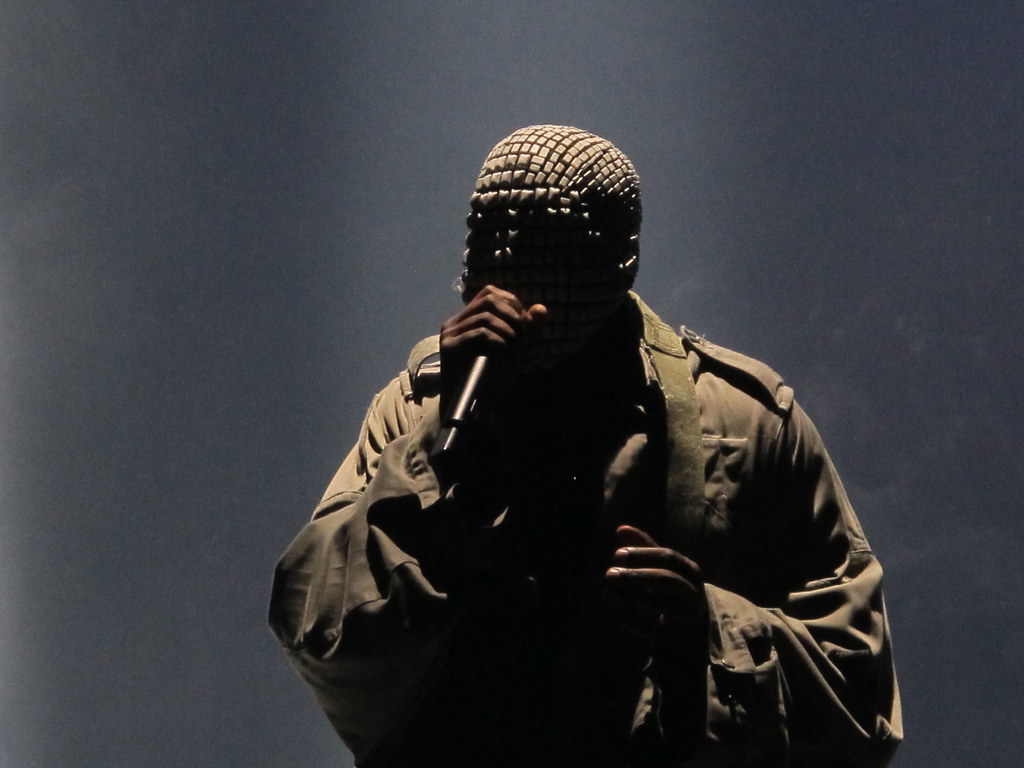
Production from JPEGMAFIA, West, and a number of other collaborators on songs like STARS establish wide and dark atmospheres that sound much more cohesive, dense, and vibrant than most cuts off Donda and other recent projects. Even the best tracks, however, lack much evolution and seem to carry momentum only to places West has been before.
Even the album’s most intriguing instrumentals, notably the distorted synths on PAPERWORK and blown-out acoustic drums on BACK TO ME, boringly call back to Yeezus, putting the tracks in a state of uninspired stagnancy, a state West has rarely fallen into throughout his career so far.
Is it too late for Kanye West? Is it time the throne of contemporary culture be passed to someone with a more consistent grasp of the new frontiers of music, with more equitable and informed participation in the industry and society at large? With two more Vultures volumes on the way, we may just have an answer by mid-2024.
As music and culture morph and expand, even across the span of a single year, it is inevitable that artists fall in and out of favor–in and out of touch.
It is invigorating to see an artist like Brittany Howard at the current peak of her powers and absolutely soaring across the length of her LP, and tragic to see a mind like Kanye West steered in completely avoidable political and creative directions that distract and detract from the previous points of prowess in his discography and cultural offerings.
As new spaces form for artists to inhabit, it is more important than ever for our most creative minds to utilize these spaces with care and responsibility. Most meaningful, however, is when an artist like Brittany Howard has the power to create a space entirely new, entirely individual, and set her legacy in motion before our eyes.

